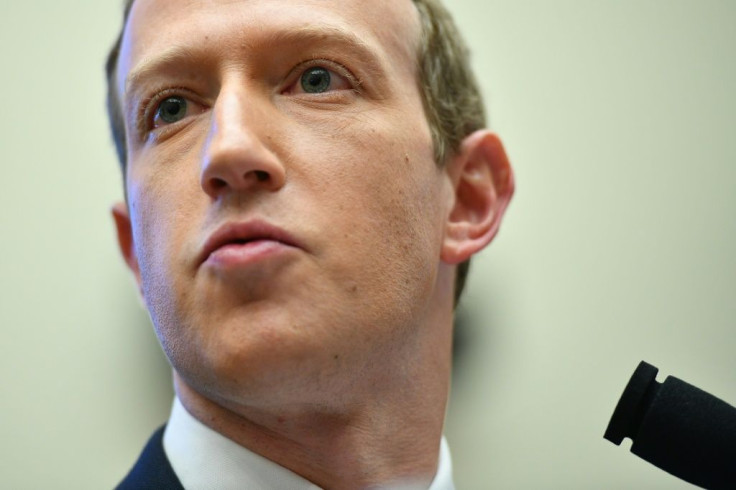Mark Zuckerberg Antitrust Hearing: Facebook CEO Grilled About Whether Instagram Buy Was Monopolistic

Mark Zuckerberg was among the tech giant leaders questioned Wednesday by a House antitrust subcommittee. The Facebook CEO was quick to point out in his prepared statement that his company faces significant competition from all sides and that every company represented at the hearing could be put out of business if they fail to innovate. Nevertheless, he faced hard questions backed up by company emails about its alleged attempts to stamp out competition.
Zuckerberg was first engaged by Rep. Jim Sensenbrenner, R-Wis., on accusations from Rep. Jim Jordan, R-Ohio, that Facebook's platform censors conservative voices, singling out the recent restriction of Donald Trump Jr. for sharing a video that encouraged the use of hydroxychloroquine as a treatment for COVID-19.
This incident occurred on Trump Jr.'s Twitter account, not Facebook.
While stating that this incident occurred on a rival platform, Zuckerberg said that Facebook does not allow posts that might lead to harm. He stated that Facebook would not take down content discussing trials, but would do so for posts claiming that there is an effective treatment for the virus, which there is not.
“We do not want to become the arbiters of truth,” Zuckerberg stated.
Zuckerberg’s testimony became especially heated when House Judiciary Committee Chairman Jerry Nadler questioned the CEO on its 2012 acquisition of photo-based social media company Instagram. An email obtained by the committee showed Zuckerberg calling the platform potentially “very disruptive” to Facebook’s business. Another email said that an acquisition could do away with a competitor, and the CEO replied that this was part of his motivation for the deal.
Zuckerberg denied that Facebook acquired Instagram to stamp out potential competition. He also stated that his company could not have predicted the scale that Instagram would grow.
“It was not a guarantee that Instagram was going to succeed,” Zuckerberg said. “In hindsight, it looks obvious that Instagram reached the scale it has. At the time, it was far from obvious.”
Zuckerberg noted that the Federal Trade Commission (FTC) in 2012 declined to challenge the acquisition as anti-competitive. Nadler referred to this as one of the “failures” of the FTC in the past.
The FTC is actively reviewing its ruling from the past decade. If it decides against its previous ruling, it is possible that antitrust enforcement could see Instagram spun off from Facebook.
© Copyright IBTimes 2025. All rights reserved.




















